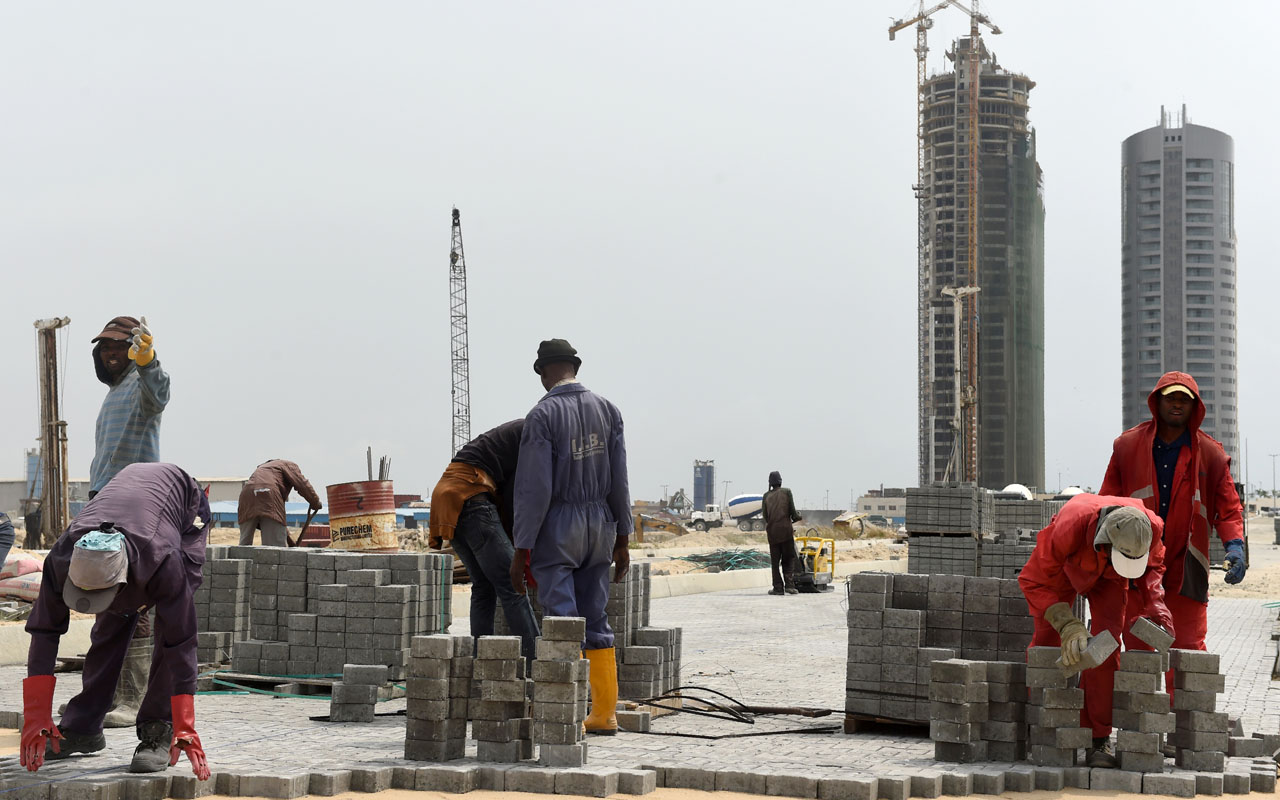
Much has been written about the federal governments recently launched Economic Recovery and Growth Plan (ERGP). Like every plan there are things that are great and things that are not so great. For example, it is great that the government has identified infrastructure as important. On the other hand, given that we were already on the cusp of serious debt problems, the debt plans are not so great. This article is not to discuss the plan but to talk about a part that made me a little bit confused: the definition of the economy.
When I think of the economy, I see it as a bunch of people in a particular space individually doing things that are productive and that create value. The economy is then the summation of all the individual productive actions. When thinking about the Nigerian economy for instance, I think about the yam farmers, the oil drillers, the bankers, the traders, the mechanics, and so on – all individually doing their bit and contributing to what I term as the economy. Economic growth is therefore all these people becoming more productive than they previously were. This idea about the economy feeds into my idea of what the role of government is, in the economy. First, the government here is a sort of referee. A referee in the sense that it ensures that while the farmers are farming their activities, they do not negatively influence the mechanics. While the bankers are doing whatever bankers do, their activities do not negatively impact the traders.
Second, I see the government as a solver of the public goods problem. We all know there are specific circumstances where people acting independently can lead to certain undesirable outcomes. Think about security for example. If you live in an estate where one person hires policemen to protect their house, all the other people in the estate are protected too. It would be pointless for all the other people to hire their own policemen. They are essentially benefiting from security that they are not paying for. But what happens if the person who previously hired the policemen decides he or she is tired of footing the bill for everybody. It is in each person’s interest to wait for another person to hire their own policemen and then enjoy the benefits for free. However, if everybody waits for the next person, then nobody actually hires policemen, and the entire estate loses the safety and security. The role of government in this instance is to organize all the residents of the estate and force everyone to contribute towards security. In general, I see the role of government as a solver of the public goods problem.
Reading the ERGP however had me feeling a bit confused. It seems like this government imagines the economy as some sort of mega-company with itself as the equivalent of the corporate executive. It reads like Nigeria is some corporation with the president as the CEO, directing activities and dishing out instructions like you would have in a corporation. A mega-corporation that produces stuff and then distributes it to the people. “This year we are going to produce so and so tonnes of rice so farmers get to work. Sorry traders, no soup for you, but we will give you this N5000 coupon.” The private sector is not ignored but seems like a tool to achieve the objectives of the executive. They will “leverage the power of the private sector” and “allow markets to function.” The plan seems to place government front and centre of almost everything. In this context, economic growth seems to be much more about how much revenue is generated by the government mega-corporation.
The ideas on the economy and government, and the seeming desire for government to be seen as director of everything has obvious consequences for policy. The easiest example of this is the infrastructure policy. The minister of finance was in the news recently exclaiming that, for the first time in history, the federal government spent over N1tn on capital projects in a single budget cycle. Indeed, the strategy for financing infrastructure so far is to take out loans and build. Unfortunately, the infrastructure deficit requires somewhere around N40tn worth of investments per year, according to the same plan. In that context, solving the infrastructure problem is not about how much the federal government spends, but on creating policy that allows the private sector invest in infrastructure. N1tn is a pittance compared to what is required. The plan acknowledges that the private sector is needed but there’s not much in the way of policy to support that.
These challenges are littered all over the economic landscape. Scenarios where the government has planted its feet as controller and director of various sectors. Even though it is unable to move things forward, it is not willing to step aside. At the core is the question of what the economy is, and what the role of government is, in that space. It is a question that, sooner or later, Nigerians are going to have to answer.



